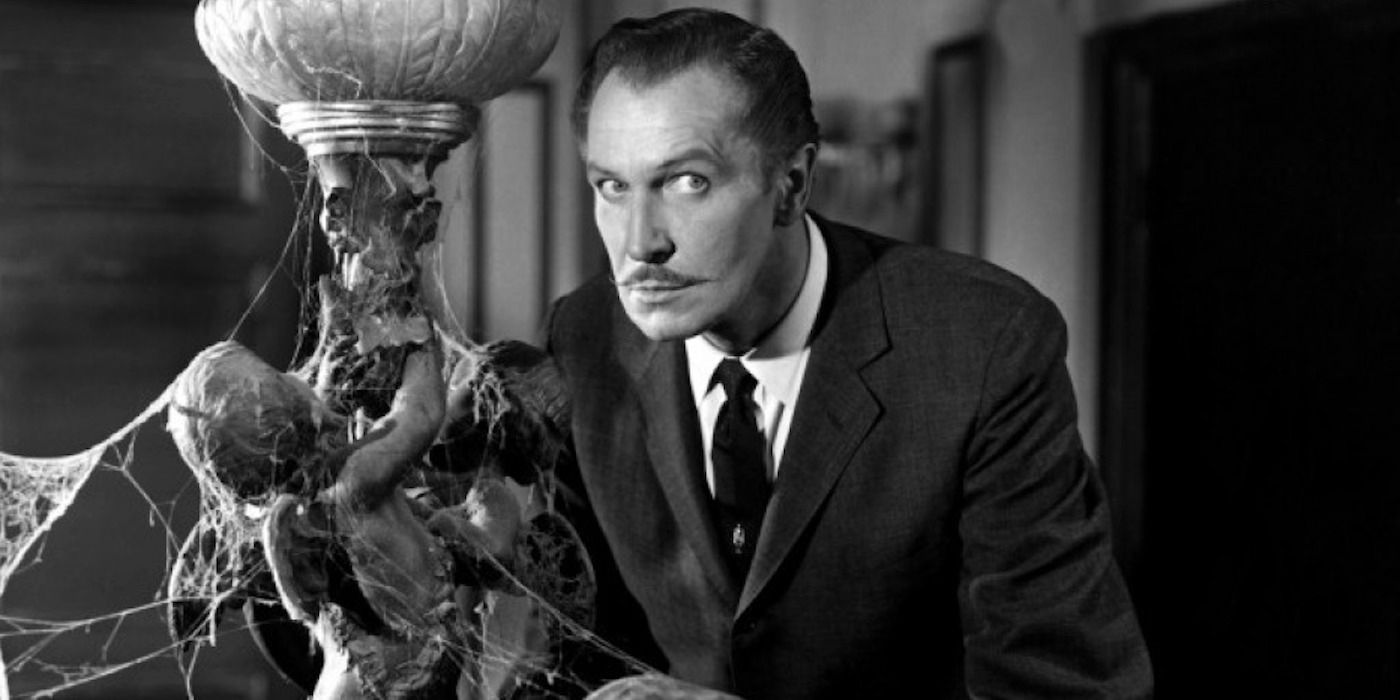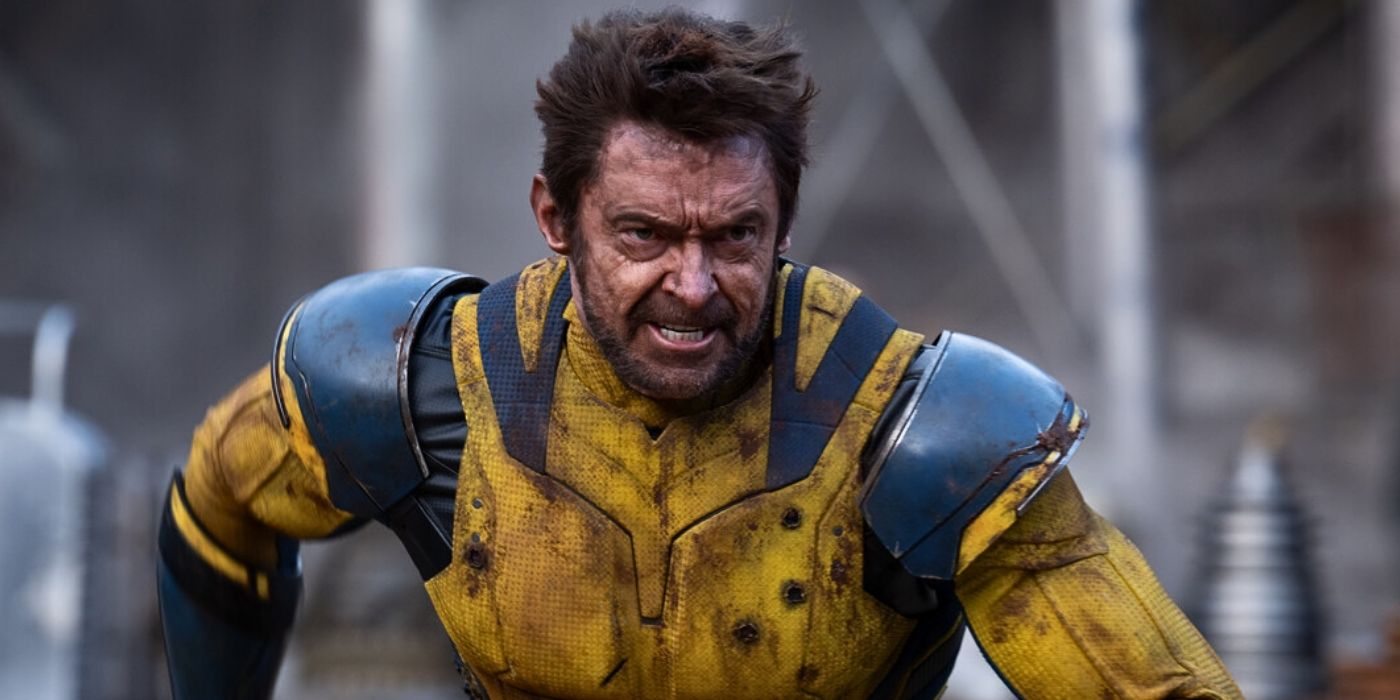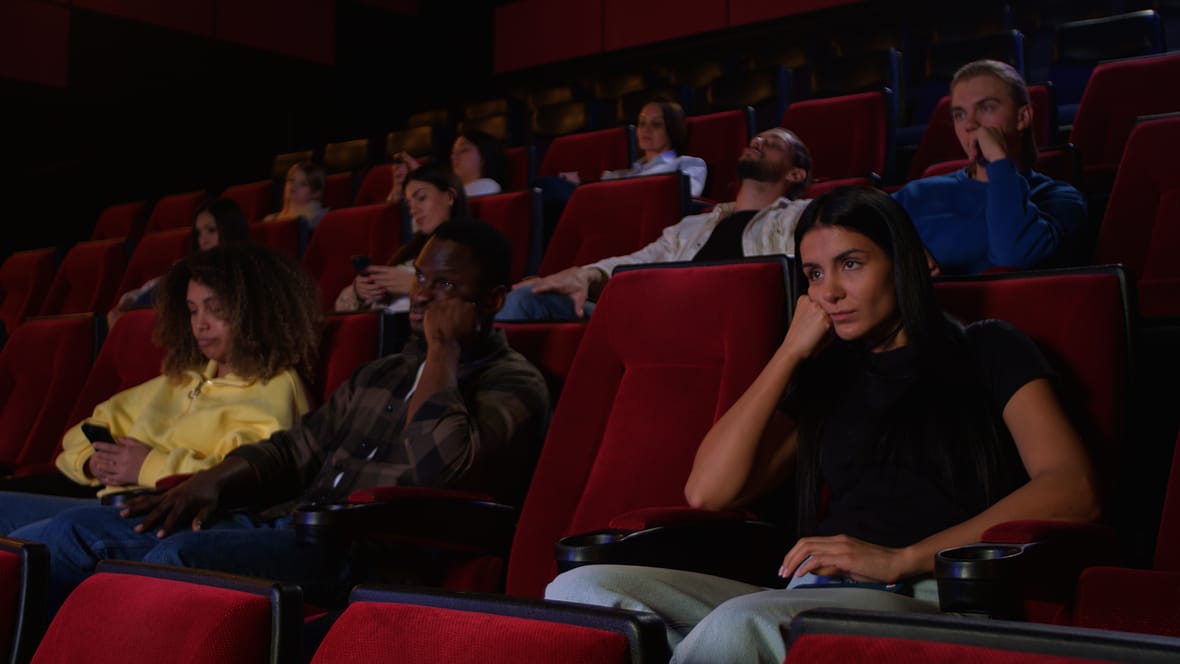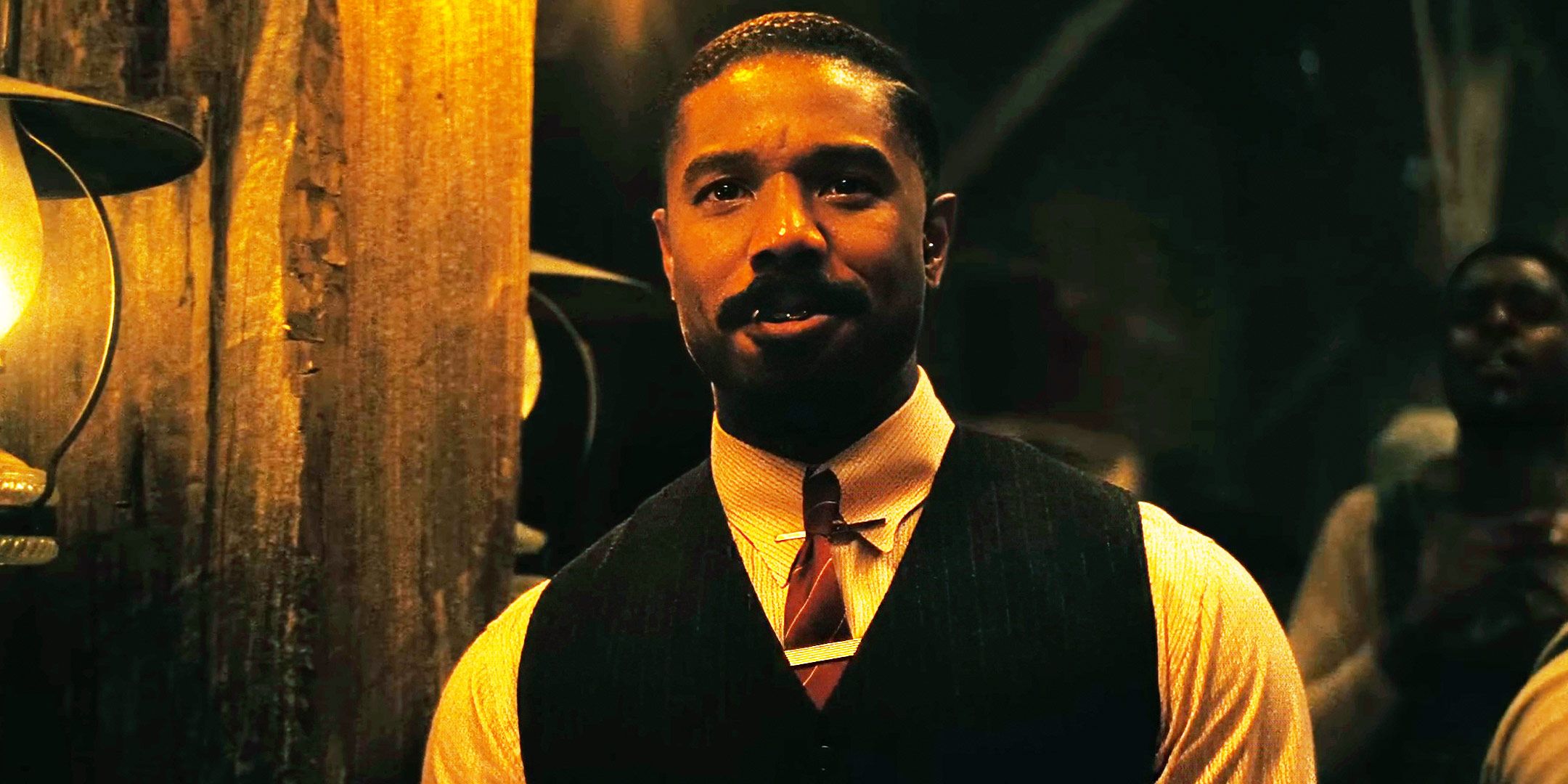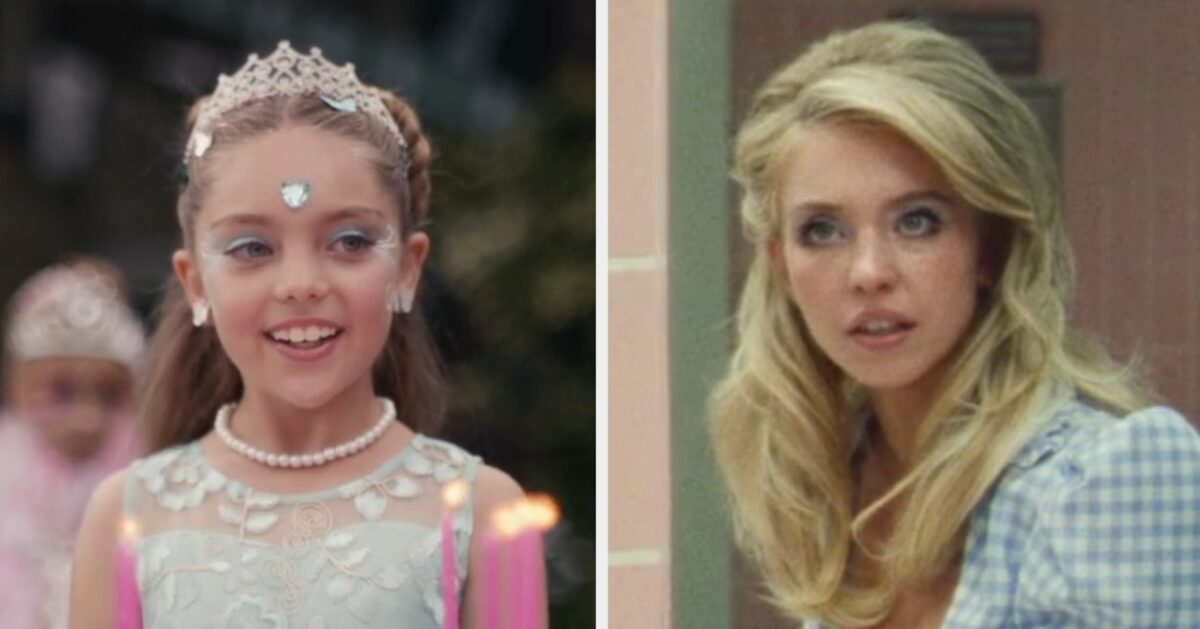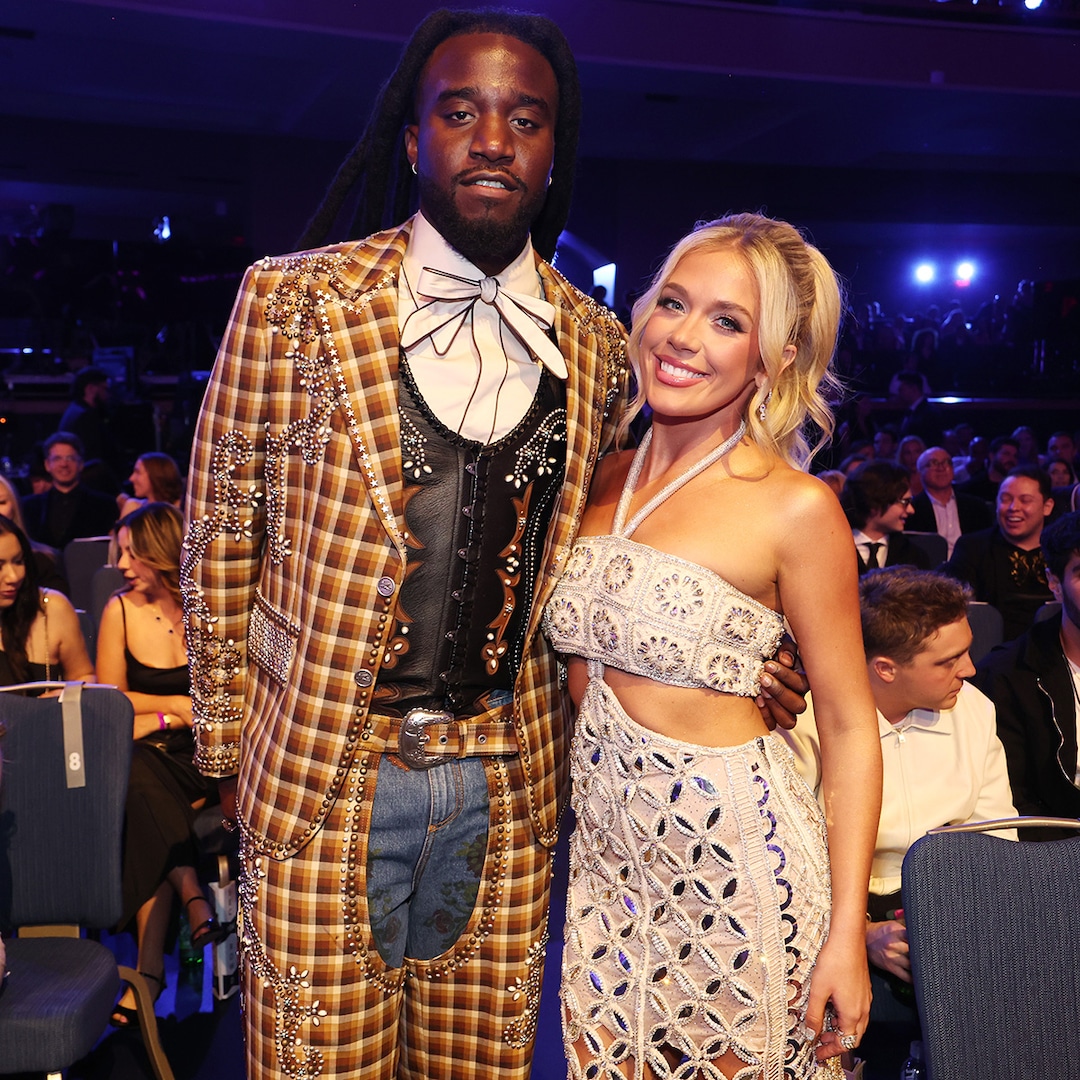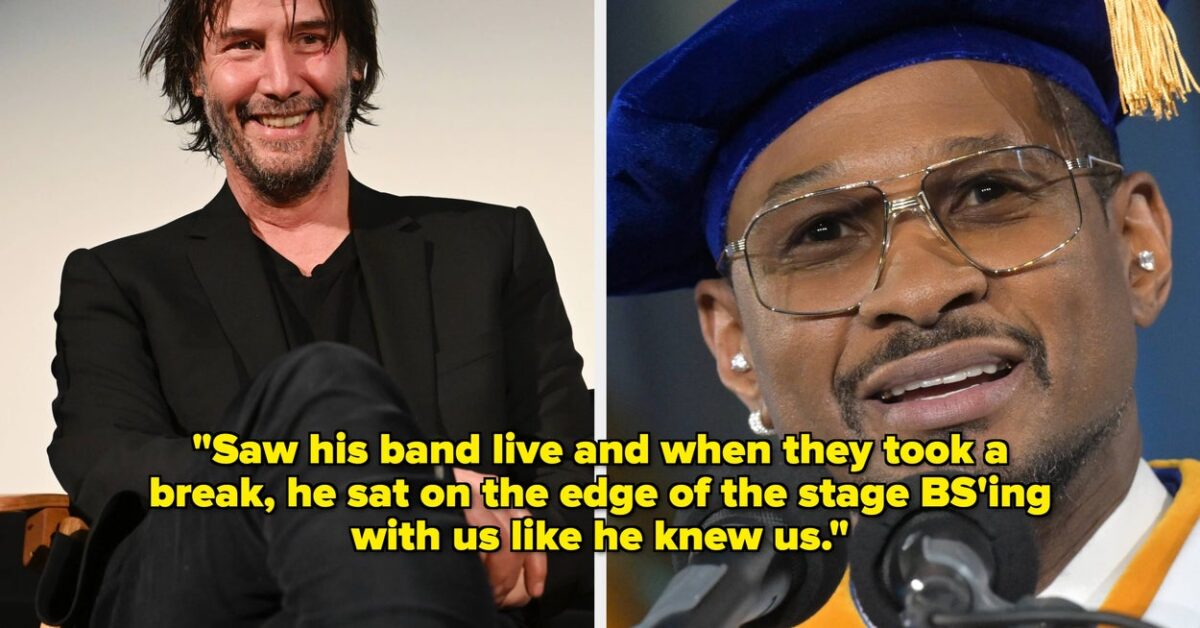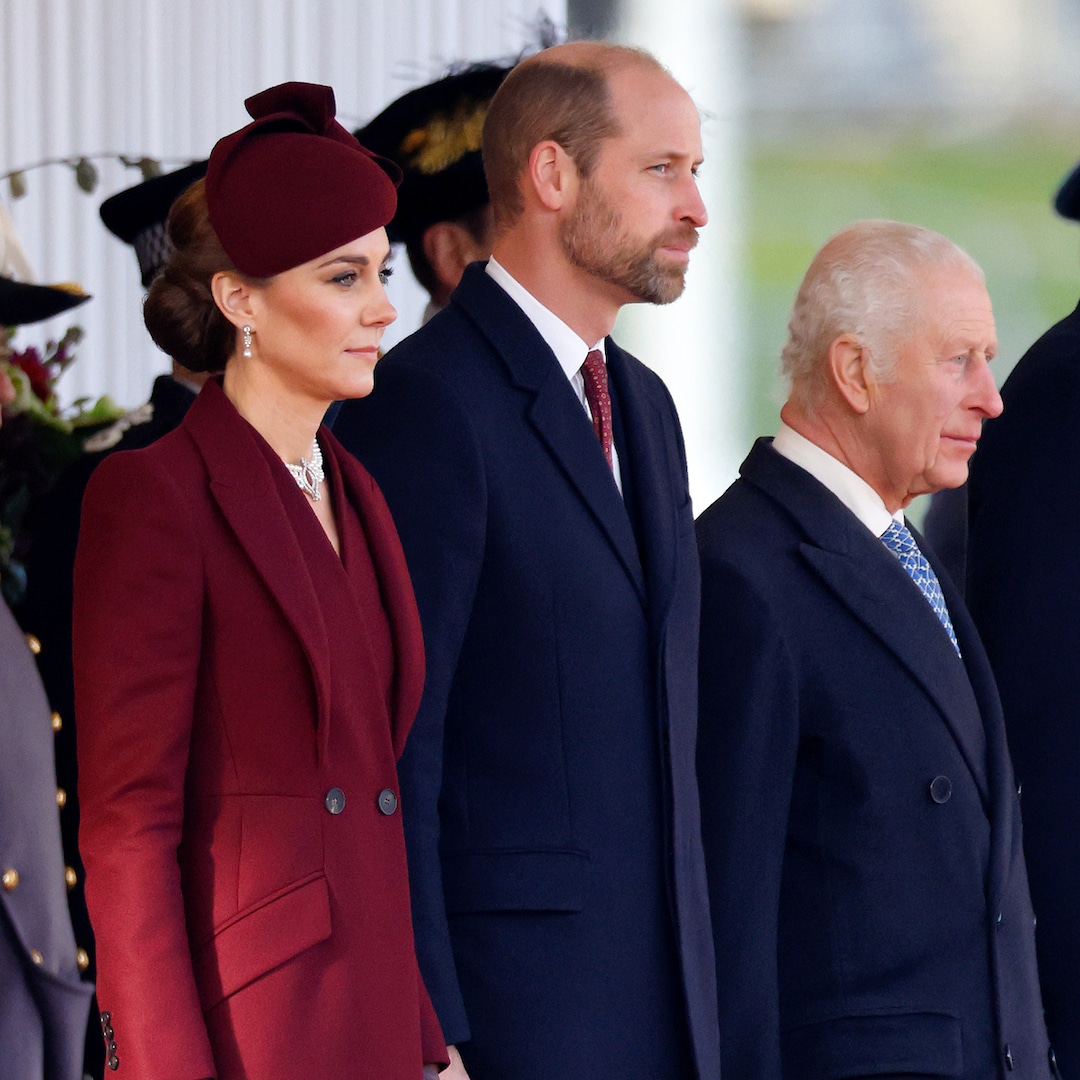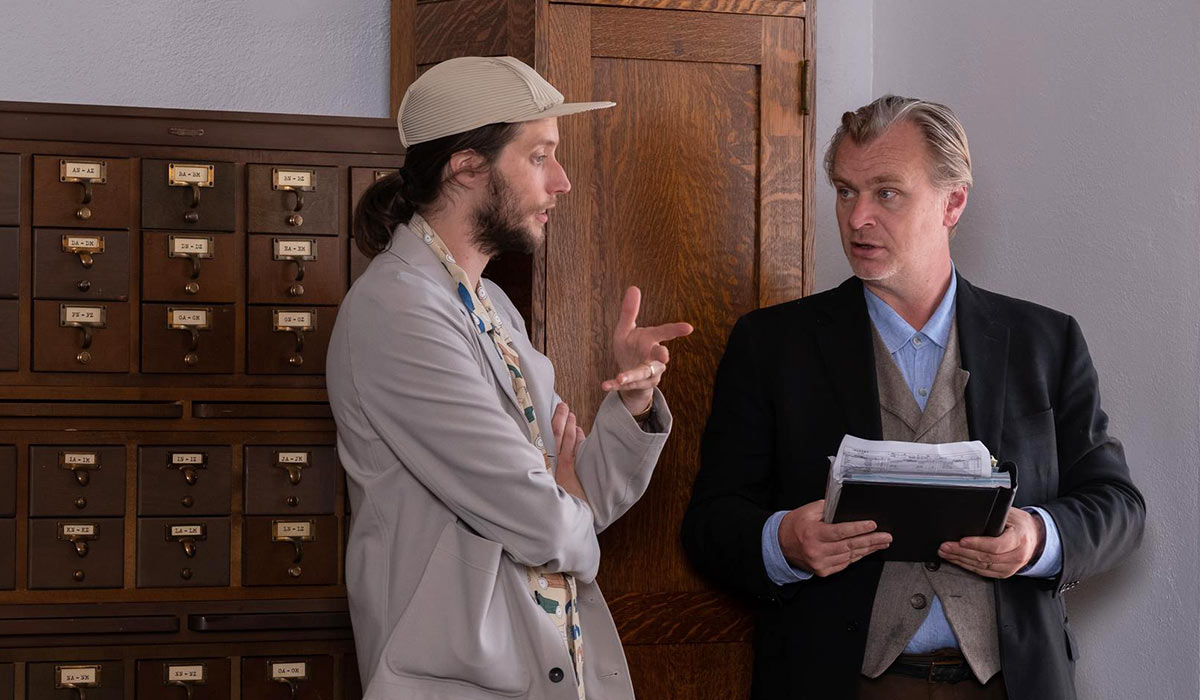
Ludwig Göransson Has Five More Grammy Noms And An Oppenheimer Oscar In Sight
Nov 17, 2023
Give him another few decades and Ludwig Göransson may surpass the legendary John Williams in overall Grammy nominations. The Swedish-born composer, songwriter, and music producer has not even turned 40 and already has 14 Grammy nominations in just six years. He’s got more than enough time to catch up to Williams’ tally of 76. In fact, Göransson already has three Grammy wins, two Emmy Awards (for “The Mandalorian” score), and an Oscar for the score for “Black Panther.” In March, he may be holding his second Academy Award trophy for his compositions for Christopher Nolan‘s landmark opus, “Oppenheimer.” An achievement which amounts to two of the five Grammy nods he earned this year alone.
READ MORE: Ludwig Göransson On Rihanna’s “Yes” To ‘Lift Me Up’ & Is EGOT Next? [Interview]
When “Oppenheimer” wins an Oscar on the ceremony telecast (and it will win a number), you can almost guarantee the music that will accompany the winner running to the stage to accept will be the cue, “Can You Hear The Music.” This particular portion of the movie’s score has been incredibly popular on streaming services resulting in 43 million streams on just Spotify. The music accompanies a stunning montage of fire and chemical reactions meant to represent the power of atomic fusion. It’s just two minutes of music, but it was one of the toughest parts of the score to finish.
“I think it took a long time to write but also a long time to record, because that energy of the spinning monocles, I wanted it to be portrayed by the live string orchestra,” Göransson says. “I wanted that feeling of getting faster and faster and faster to be captured in one recording, in one continuous recording, and having them do a live recording from start to finish. That recording has 21 tempo changes in it, and the musicians going through that and we figured out a new way of using a recording click to feed it to the musician before the tempo changes happened in real-time. So, they were able to do that in one take, and that energy really transcends into the screen.”
Over the course of our interview earlier this week, Göransson reveals what other projects (if any) he’s been working on, what he learned from Nolan’s “Tenet” that he took with him to “Oppenheimer,” his reaction to his Grammy nomination haul and much, much more.
____
The Playlist: Congratulations on five more Grammy nominations.
Ludwig Goransson: Thank you.
What was your reaction to the noms?
It was pretty just weird and I knew it was coming up, and it was obviously the best news to wake up to. But I also don’t take anything for granted, and it is just a nice thing to see your work [reaching] your peers.
You were nominated in two very competitive categories you’d never been nominated before, the instrumental composition and the arrangement instrumental categories. Were you expecting that?
Yeah. I feel like those categories, like you said, instrumental and arranging, they’re very competitive. And I think in general, every year you create something, you’re always submitting to those categories, but I would never think that they would pick something from me.
This is your second movie with Chris. What do you think you learned from working on “Tenet” that helped you on “Oppenheimer”?
I think what I learned really from “Tenet” was that in the beginning when we really start making the foundation of the score and we start experimenting and we start creating the sound, we do it very much together. It’s such a collaborative process for me. What I learned was also how open he is to all different ideas in the beginning, and just throw anything at the wall. Because on “Tenet,” obviously, that was my first film with Chris and I was always a little nervous about what I could play. In the beginning, I was like, “It needs to be pretty elaborate and pretty specific.” But then on this one, I got to know him. We’re more comfortable. I know how much he trusts me and that he’s open to my ideas. And so we started off pretty open and experimenting with a lot of different things.
There are directions you go to on this score that are unorthodox for a lot of film scores. Were there any moments where you thought, “Oh, this is going to be too much for Chris.” Did he push you to go even further?
Absolutely. I think one of the first things that I did was Chris gave me the direction to work with the violin. And he was interested in how we could use that sound of the violin and turn it around on set and use it in ways you haven’t done before. And my wife, Serena [McKinney], is an accomplished violinist. So, we started out just experimenting with glissandos up and down. And then Chris and I talked, and one of the ideas that we had was how you can take these conventional string techniques that most commonly you have in horror movies. You have these string clusters playing like these “eek, eek, eek” [sounds] and how can you take that sound but start off like that, but then transition it into something beautiful and romantic and go between those feelings and emotions? And that was something that we started out experimenting with and really tried to push it as far as we could.
As many people now know, Chris wrote the “Oppenhiemer” script in the first person. So you’re not reading it as you have read other scripts. And he made it very clear what portions of the film were in black and white and were in color. Was that part of the initial conversation? Should the film sound different when the black and white portion is playing as opposed to the contemporary or the color portion?
It was part of the conversation that we wanted to have a specific theme for Strauss [Robert Downey, Jr.] and to play the mystery of that character. And that is portrayed through the harp and you have the harp playing, pushing that mystery in that storyline. And then for Oppenheimer [Cillian Murphy], for his perspective, already from the reading the script, I knew that the music needs to channel what he’s feeling. It needs to put the audience into his emotional core, and you really need to be in his shoes and see those scenes through his eyes.
Were there any other characters that you felt that you needed to have specific themes for?
Absolutely. We had a theme for Kitty [Emily Blunt], the marriage theme, the love theme. The tonal aspect of it, we’re using the piano, which is the only time you hear that in the score is when it plays Kitty’s theme. And it has these chords with a long pause in between them so you can anticipate the tension in their relationship. But I feel like it’s also those chords that’s keeping him very grounded because I like what Kitty does. And then Jean Tatlock [Florence Pugh], her theme is also just very similar, different arrangement, but very similar to Oppenheimer’s theme, because I think he sees a lot of himself in her and her depression.
One of the other things about the score that blew me away the first time I saw it is there is one sequence where it’s some of the most artistic, experimental editing that Nolan has done in a long, long time. And it’s accompanied by just a score. How did that portion come about?
The first part of that conversation was early on when Chris invited me to see a test screening of some of the visual effects that [visual effects supervisor] Andrew Jackson was working on and [cinematographer] Hoytema van Hoytema had shot it with…I think he had built a lens for that to film an aquarium or something. And I sit there and I’m in the theater and I see these flashing lights, and beautiful experiments that I’ve never seen those visuals before, and that has such an impact on me. And I knew that that’s how I wanted the music and the energy of the music to sound like it, sound like you’re pushing something further, like the energy of discovery. And so that was already in my head when we started talking about that scene. And when I saw that scene, which is in the movie, Kenny Branagh asking him, “Can you hear the music?” And then I created a piece of music with that in mind for that scene and sent it to [editor Jennifer Lame] and Chris, and they put it in. And they started cutting after it and then sent it back and I sent it to them. So it’s constantly back and forth and we created something that I think worked really well.
That track is only what, two and a half minutes?
It’s about two minutes, and I think it took a long time to write but also a long time to record, because that energy of the spinning monocles, I wanted it to be portrayed by the live string orchestra. I wanted that feeling of getting faster and faster and faster to be captured in one recording, in one continuous recording, and having them do a live recording from start to finish. That recording has 21 tempo changes in it, and the musicians going through that and we figured out a new way of using a recording click to feed it to the musician before the tempo changes happened in real-time. So, they were able to do that in one take, and that energy really transcends into the screen.
I was re-listening to the score, and in particular, it popped to me on the “Ground Zero” track that there’s so much sound design in the music. How did you work with the sound designers on the score?
I think this is pretty much in the middle of the film, it is right before the Trinity test. And up until that time the score has been very organic and you have these beautiful strings and pianos and orchestra and then the music. But also in the movie everything is scribbles, everything’s thought, everything’s theory. And this is the first time in the film when you see an actual physical bomb, just the sight of that and the organic music disappearing and just hearing these uncomfortable sounds. It’s three different sounds like this heart throbbing bass and this little ticking like a Geiger counter and these radioactive crackles in the speakers. And it turned out to be very effective for that scene.
I think I’ve interviewed you now three times, I’ve run into you in person and you always seem the most relaxed, calm, nothing stresses you out demeanor. Was there a moment in this film where you stressed out, where you were like, “How are we going to do this sequence?”
There was a lot of music in this film. There’s two hours and 40 hours of music, and it’s a long film. But that’s a lot of music and there was a lot to get done. And something that was interesting too was some of the routes you have to go emotionally to create that kind of music, to go to those places where Oppenheimer is going. And some of them are not very pleasant and some of it’s also a little uncomfortable. And what you’re saying is right. I don’t get too stressed out about things and I don’t think when I was working on it, I’d feel stressed out either. But definitely processing it now, afterward, and thinking about some of the things that some of the places I had to go with this character, that was something that was pretty new and different for me and could be also uncomfortable at times.
When you work on scores, do you feel like you have to be emotionally invested in the characters?
Yeah.
No matter what it is?
So far on everything I’ve done, it’s been emotionally invested. Yeah.
The strikes are finally over and more things are going to production.I know you were probably working on this for quite a while, but have you worked on anything else since? Do you have any other projects upcoming? Or can you not say?
Oh, no. I can say. I can definitely say that I haven’t… It’s been… No, since “Oppenheimer” I haven’t worked on a project.
Is that intentional? Are you taking a break?
Yeah. I think also with “Wakanda Forever” and “Oppenheimer,” two very, very, very deep heavy projects, and also that took a lot of time. And I took some time afterward to see my kids and a little trip and recharge the batteries and I’m sure something fun is going to happen next year.
I know that you have had success, especially on streaming services with your movie music, but were even you shocked that “Can You Hear The Music” would be at 43 million streams four months later?
No. It’s so hard. Music business now, but also film, I don’t think anyone expected anything. You don’t know if it’s going to go left or right? Are people going to want to see this? Are people going to want to listen to this? You can never take anything for granted today. And I think it was such a pleasant surprise to see how many people all over the world just connected with this movie and with his feelings, with his emotions and wanted to see it several times and wanted to go home and listen to the score by itself on its own. You really have to take those moments when you work on something that reaches out in a way that this has and just be grateful for that.
“Oppenheimer” is available on all digital platforms.
Publisher: Source link
What’s The Best-Cast Younger Version Of A Character?
What's The Best-Cast Younger Version Of A Character? Oftentimes, the "younger version" of a character doesn't bear much resemblance to the main actor other than, like, their hair color. Sometimes, however, the casting is so good that it's hard to…
May 29, 2025
Shaboozey Defends Megan Moroney Against “Hateful” Comments After AMAs
Shaboozey is clearing the air. The “A Bar Song (Tipsy)” singer came to the defense of Megan Moroney, pushing back on the criticism the “Tennessee Orange” singer has received since the 2025 American Music Awards where he seemingly rolled his…
May 29, 2025
People Share Best And Worst Celebrity Experiences
Recently, I asked the BuzzFeed Community to share their best and worst experiences working with celebrities. Here's what they had to say: Note: Some of these responses have been edited and condensed for clarity. BuzzFeed can not confirm whether these…
May 28, 2025
Prince William, Kate Middleton, King Charles III Address Liverpool Crash
Prince Harry and King Charles III Are Not SpeakingHarry told the BBC May 2 that his father King Charles III won’t speak to him “because of this security stuff,” but added that “it would be nice to reconcile.” The Duke…
May 28, 2025
